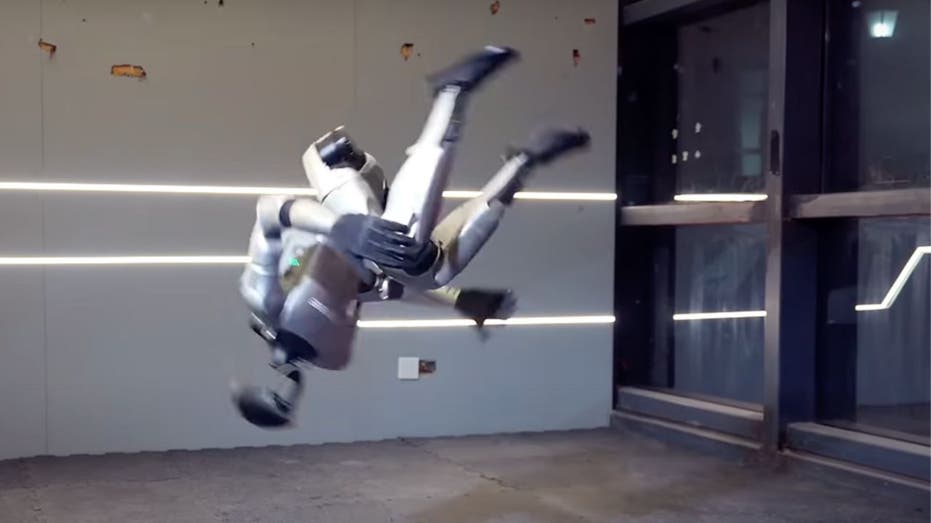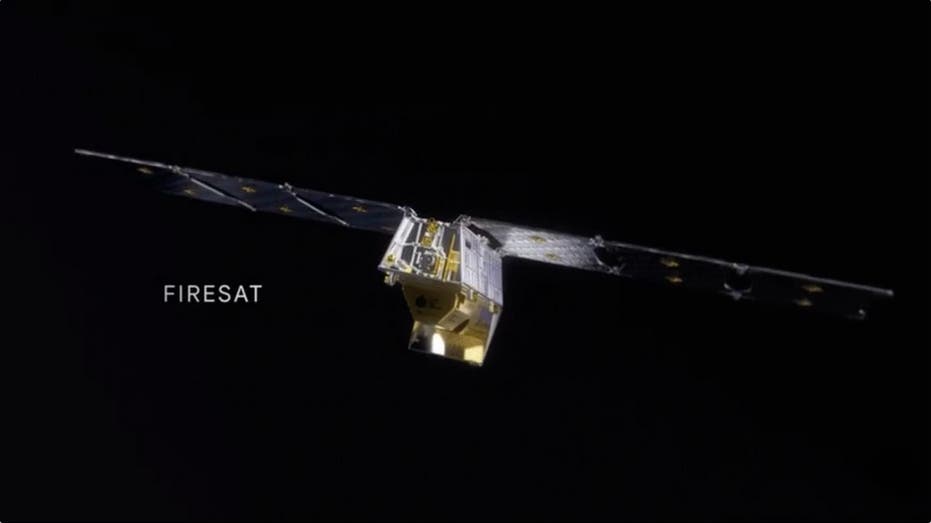Researchers at UC San Francisco have achieved a remarkable breakthrough in brain-computer interface (BCI) technology, enabling individuals with paralysis to control robotic devices through thought alone.
This innovation combines artificial intelligence (AI) with neuroscience, allowing a paralyzed man to manipulate a robotic arm by imagining movements, a feat that marks a significant milestone in restoring autonomy to people with severe motor impairments.
The device, known as a brain-computer interface (BCI), represents a fusion of advanced AI and neural engineering. BCIs have previously struggled to maintain functionality over extended periods, often losing effectiveness after just one or two days. However, the newly developed BCI has set a record by functioning seamlessly for seven months wi...
.png)
 4 days ago
7
4 days ago
7








 English (US) ·
English (US) ·